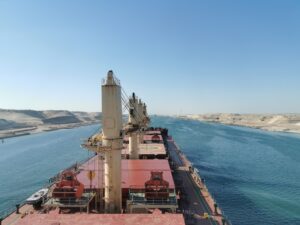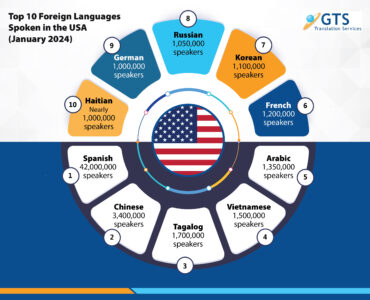Egypt, with a population of about 105 millions people, is a country with a history that dates back to the dawn of civilization The country stands as a vibrant testament to the enduring legacy of its ancient past and its dynamic role in the modern world. Situated at the crossroads of Africa and the Middle East, Egypt is a melting pot of cultures, traditions, and languages, making it a fascinating subject of study for linguists, historians, and economists alike. This blog post delves into the rich tapestry of languages spoken within its borders and explores the diverse industries that drive its economy.
Languages of Egypt
The primary language spoken in Egypt is Modern Standard Arabic, which serves as the official language of the state. This form of Arabic is used in formal contexts, such as in education, media, and official government communications. However, the colloquial form of Arabic, known as Egyptian Arabic, is the lingua franca among the Egyptian population and for most of the Arabic speaking world for that matter. Egyptian Arabic, with its unique expressions and idioms, is not only spoken in Egypt but also understood across the Arab world, thanks to Egypt’s prolific film and music industry.
Apart from Arabic, there are several minority languages spoken by various communities within Egypt. These include Nubian languages in the south near Sudan, Bedouin Arabic dialects in the Sinai Peninsula and the eastern deserts, and Siwi, a Berber language spoken in the Siwa Oasis. Additionally, the Coptic language, the direct descendant of Ancient Egyptian, is still used in the Coptic Church’s religious services, preserving a link to Egypt’s pharaonic past.
The presence of multiple languages in Egypt reflects its complex social fabric and history of migrations, invasions, and cultural exchanges. This linguistic diversity adds to the country’s rich cultural heritage, making it a vibrant mosaic of human expression.
Industries of Egypt
Egypt’s economy is multifaceted, with several key industries contributing to its Gross Domestic Product (GDP) and employment. Here’s an overview of the primary sectors:
Agriculture

Agriculture has been the backbone of Egypt’s economy for thousands of years, leveraging the fertile Nile Delta. Today, it remains a significant sector, employing about a quarter of the population. The country is a leading producer of crops such as cotton, wheat, corn, sugarcane, and fruits, with cotton being particularly noted for its high quality on the international market.
Manufacturing and Textiles
Egypt’s manufacturing sector is diverse, encompassing textiles and garments, food processing, chemicals, pharmaceuticals, and cement. The textile and garment industry, in particular, is one of the largest employment sectors, with a strong tradition of cotton production fueling its growth. The government has also been keen on expanding its manufacturing base, encouraging investment in various industries.
Tourism
Tourism is a vital industry for Egypt, attracting millions of visitors each year to its ancient monuments, such as the Pyramids of Giza, the Sphinx, and the temples of Luxor and Karnak. The sector provides a significant source of foreign exchange and employment. However, it has faced challenges due to political instability and security concerns, although efforts are underway to revive this crucial sector.
Oil and Gas
Egypt is a significant player in the oil and gas industry, with substantial reserves of both resources. It’s not only a leading oil producer in Africa but also a major natural gas producer. The recent discovery of large gas fields in the Mediterranean Sea has boosted the country’s prospects as a key energy hub in the region.
Information Technology and Telecommunications
The information technology and telecommunications sector in Egypt has witnessed rapid growth in recent years. The government has invested heavily in digital infrastructure, aiming to transform Egypt into a digital economy. The country has become an attractive destination for IT outsourcing and has a burgeoning startup ecosystem, especially in fintech and e-commerce.
Conclusion
Egypt is one of the largest economies in the Arab world, both in terms of Gross Domestic Product (GDP) and population size. It is typically ranked within the top three economies in the Arab League, alongside Saudi Arabia and the United Arab Emirates, when considering nominal GDP.

Egypt’s economy is diverse, encompassing sectors such as agriculture, manufacturing, tourism, and services, along with a growing information technology sector. The country benefits from its strategic location, controlling the Suez Canal, a critical global shipping lane, which is a significant source of revenue. Additionally, Egypt’s large and young population offers a considerable labor force and a growing consumer market, which are attractive to both domestic and foreign investors.
Partner with GTS Arabic translation services to tap in to the Egyptian and Arabic speaking business world.





